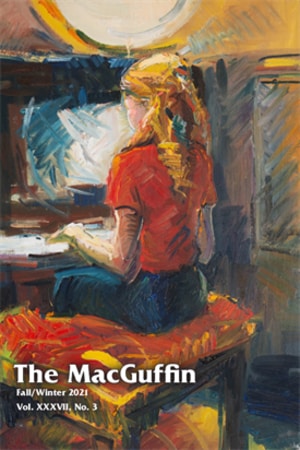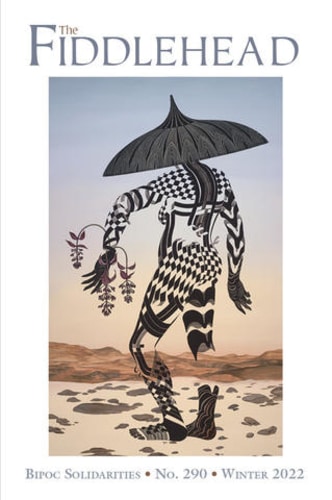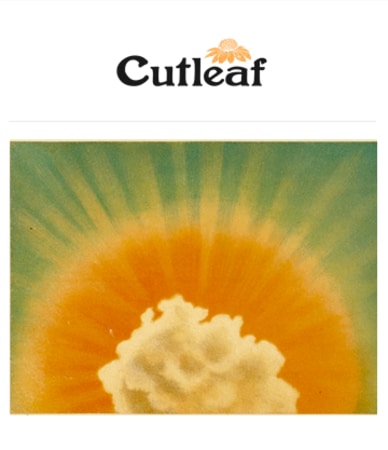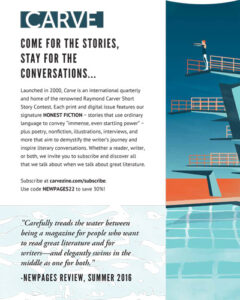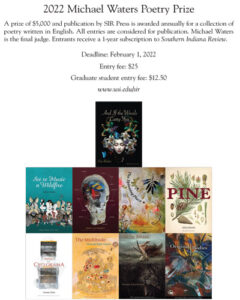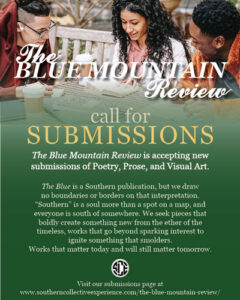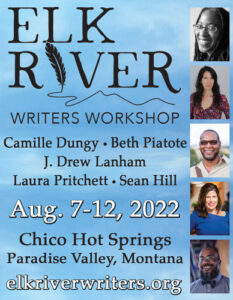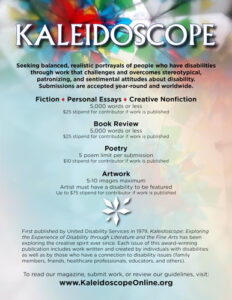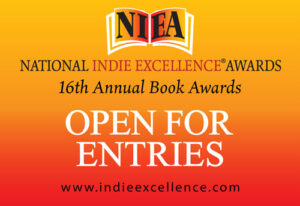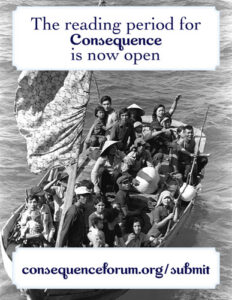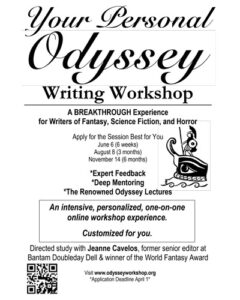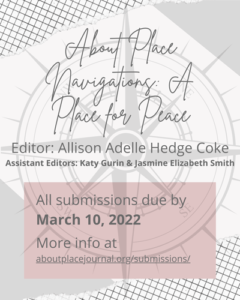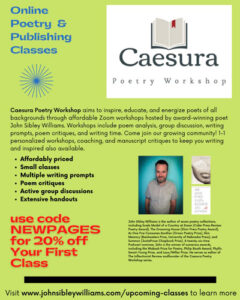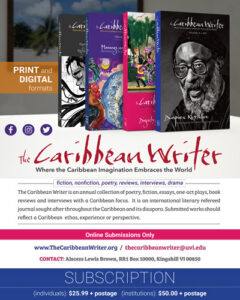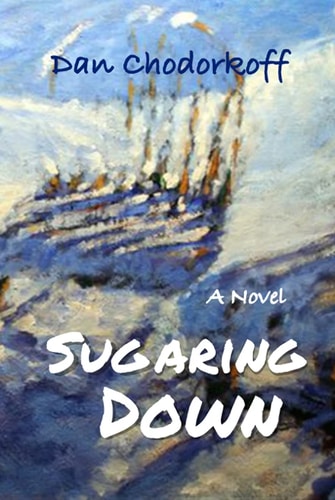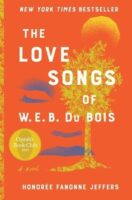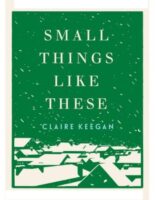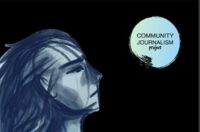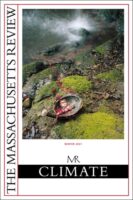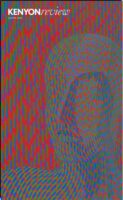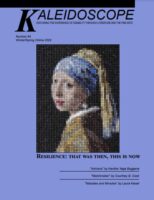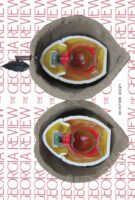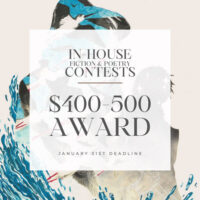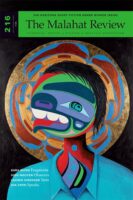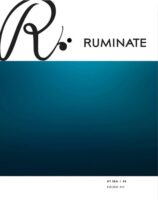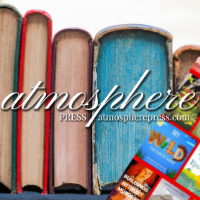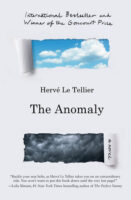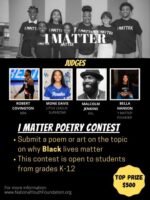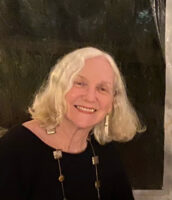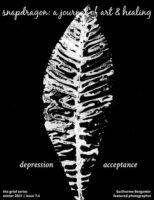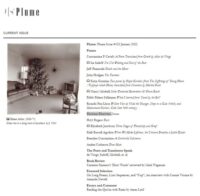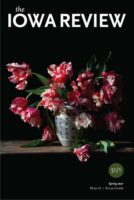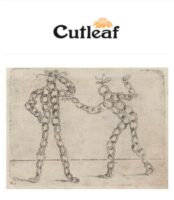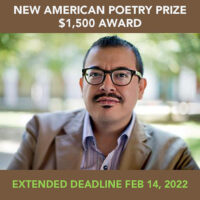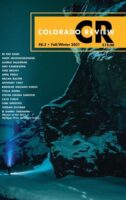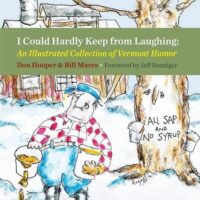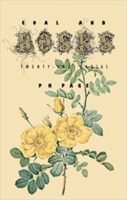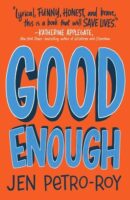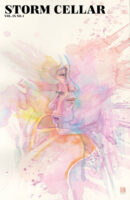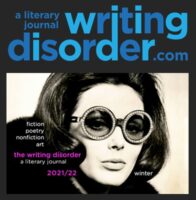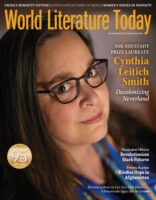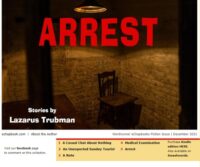Guest Post by Annie Eacy.
It’s New Year’s Eve as I write this, and I’m isolating in my childhood bedroom after testing positive for Covid-19 after nearly two years of masking, vaccinating, boosting, testing, and more. My whole body aches and all I would like to do is spiral in self pity. Instead, I pick up a green book on my bedside table: Small Things Like These by Claire Keegan.
Small town Ireland in the 1980s. A blue-collar man, reserved and hardworking, is married with five young daughters. He lives a measured and somewhat mundane life, not prone to much contemplation or self-reflection. That is, until one day not long before Christmas, he makes a discovery requiring an act of heroism that has the potential to change many lives and not all for the better.
This is a marvelous, unassuming novel filled with small, tender moments: helping his girls with the spelling in their Santa letters, filling hot water bottles for their beds, watching them sing in their church choir. “Aren’t we the lucky ones?” he says to his wife one night, and she agrees. However, his gratefulness is warped by the misfortune of others. How should they have so much and not share it? Keegan’s novel begs many questions about heroism and altruism, but the most compelling might be that while there can certainly be tenderness in heroism, can there also be heroism in tenderness?
I close the book, no longer wallowing in my self-pity. My mother knocks to offer me tea—her voice soothes, like honey for my sore throat. I hear her soft slippers on the stairs, the tapping of dog paws following, the click of the gas stove. Small, tender things. How much there is to be grateful for when you look or listen for it, and after reading Keegan’s novel, that’s what I’ll do.
Small Things Like These by Claire Keegan. Grove Atlantic, November 2021.
Reviewer bio: Annie Eacy is a writer living in the Finger Lakes. She writes poetry, fiction, and essays, and is currently working on a novel.
